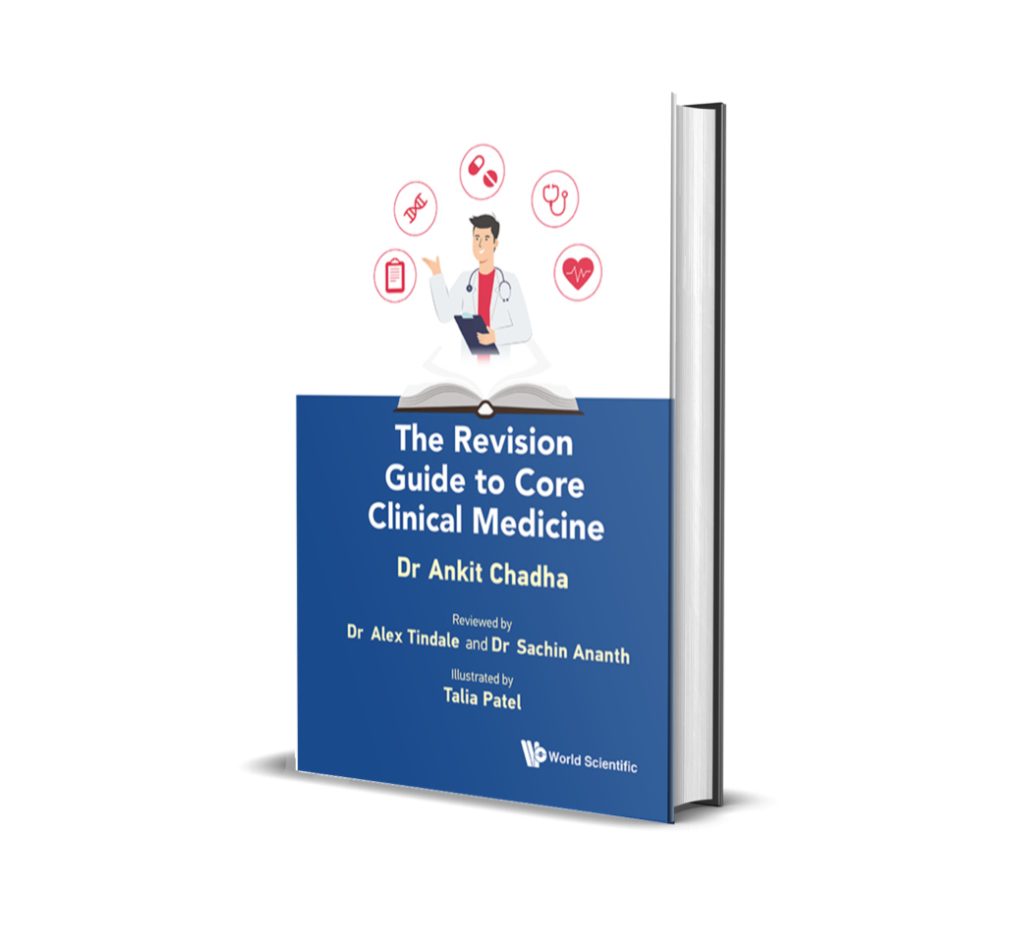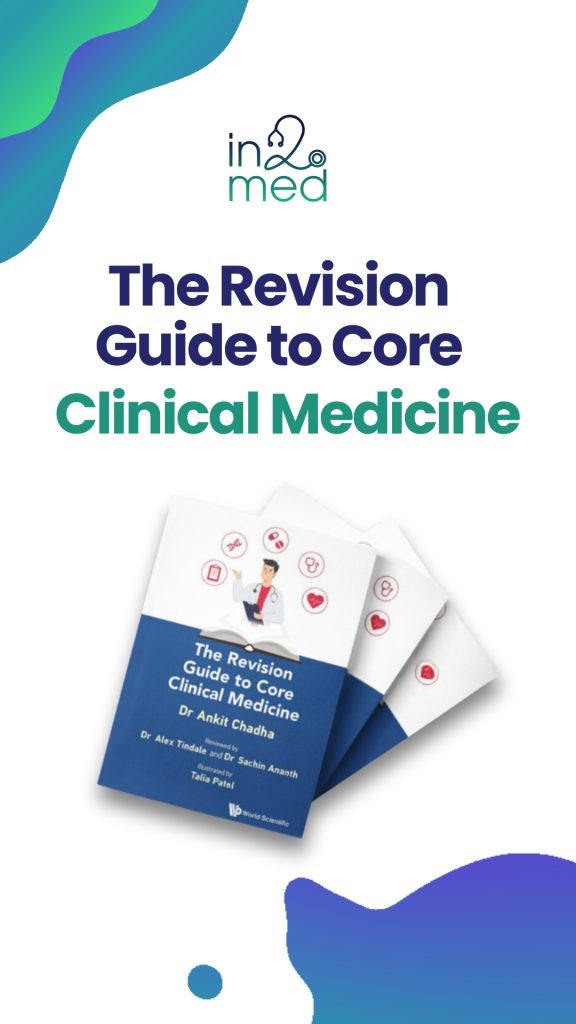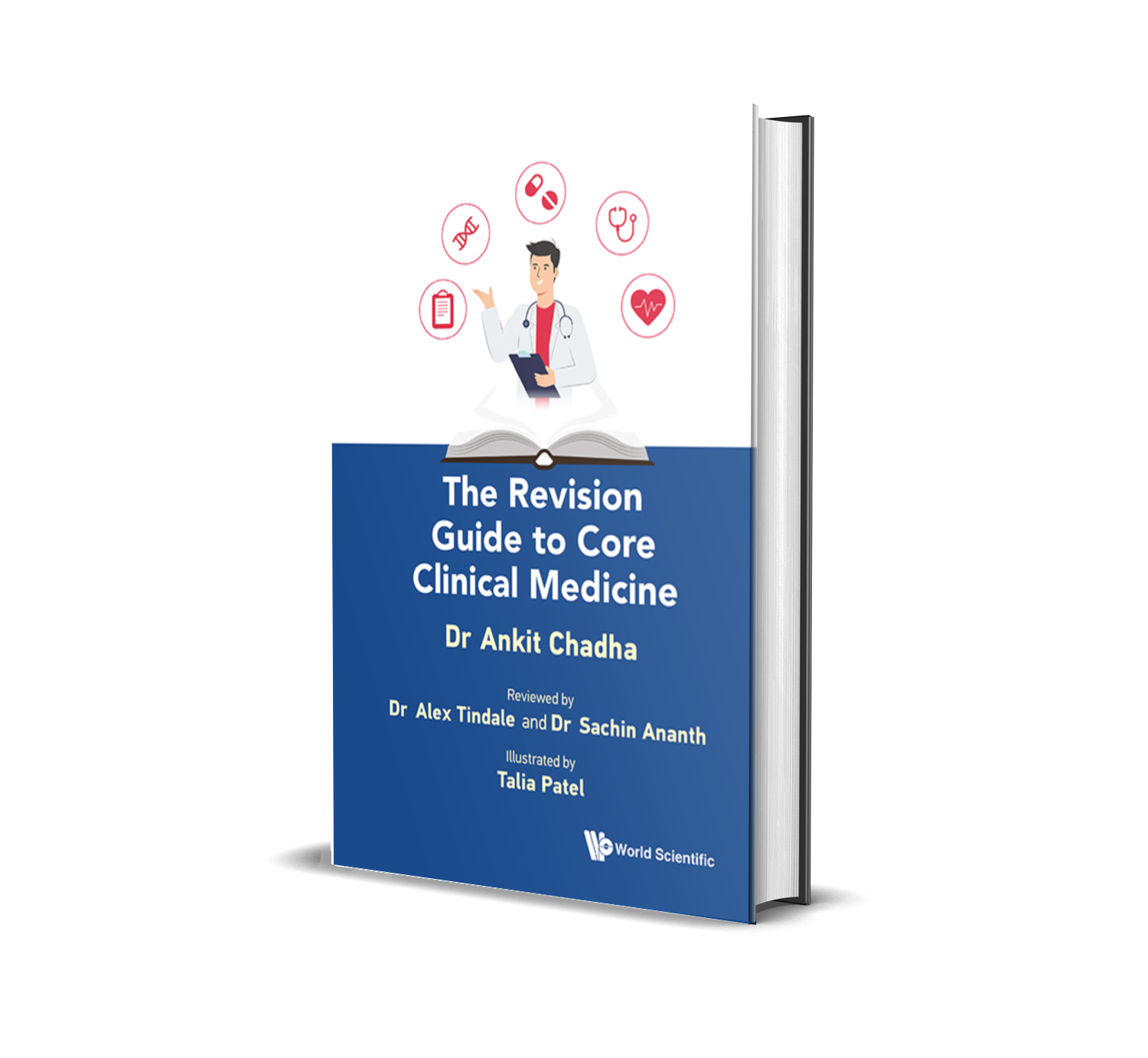Applying to IMT Podcast
Dear Friend,
Just wanted to wish you all a very happy Diwali from my side this week. These past few days, I have been having a read over my earlier mailing lists about the dangers of burnout and taking care of yourself – because lo and behold, I think I am fully burnt out. Night shifts followed by 2 weekends in a row (which I am currently working), stress of registrar applications etc. Anyways, that’s my moan for the week done, at least I have a day off tomorrow.
This week, I was invited to speak on a podcast, “More than Medical students”, a podcast series created by Marianne (@mariannedoesmedicine), an ST1 doctor working in London. I was thrilled to be on the show this week, talking about my experiences of applying to internal medicine training and life as a junior doctor. We discuss the different steps involved including building your medical portfolio and the IMT interview, as well as the challenges of the IMT pathway and looking forward to applying to individual specialties.
Click on the button below to have a listen. It’s the first time I have done a podcast so was a cool new experience for me too.
Have a lovely week!
Drug of the week
Remdesivir
This is a a broad-spectrum antiviral medication that was approved or authorized for emergency use to treat COVID‑19 in numerous countries.
Remdesivir was originally developed to treat hepatitis C, and was subsequently investigated for Ebola virus disease and Marburg virus infections before being studied as a post-infection treatment for COVID‑19.
Remdesivir is a prodrug which is converted to a molecule that works as a ribonucleotide analogue inhibitor of viral RNA polymerase, inhibiting viral replication.
The most common side effect in healthy volunteers is raised blood levels of liver enzymes

A Brain Teaser
A 35-year-old man with schizophrenia has been on clozapine for five years and has been well controlled and stable for that time. However, at his most recent check-up, the clozapine levels were found to be above the recommended range and his dose is therefore reduced.
Which of the following is most likely to cause a rise in clozapine blood levels?
A: Alcohol abstinence
B: Omitting doses
C: Smoking cessation
D: Stress
E: Weight gain
Answers
The answer is C – smoking cessation.
Smoking cessation can cause a significant rise in clozapine levels, and so it should be discussed with a psychiatrist before stopping smoking. Starting smoking, or smoking more, can reduce clozapine levels. Stopping drinking can also reduce levels, as alcohol binges can increase the level. Omitting doses will cause a reduction in clozapine levels, and stress and weight gain won’t have significant effects on the level.





